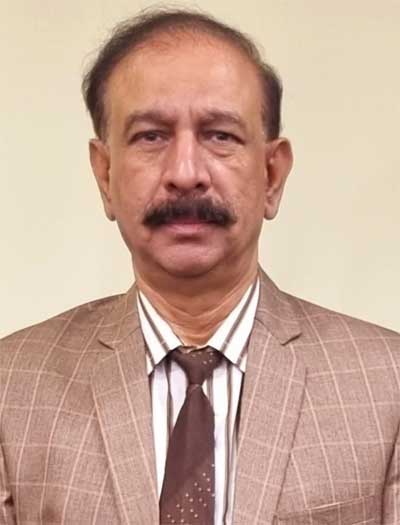Pakistan has been blessed with human resources.
Pakistanis, working overseas and within their homeland have been contributing a lot to the development of said countries.
Every year on May 1st, Pakistan joins the global community in observing Labour Day – a day, meant to recognise and honour the contributions of workers and their continued struggle for rights, justice, and dignity. However, beyond the symbolic rallies and official statements, the reality of Pakistan’s workers and farmers remains a concern for people like me.
Issues of Labour Force
Pakistan’s labour force, one of the largest in South Asia, comprises over 70 million individuals. A staggering portion – more than 60% – work in the informal sector, including construction, domestic labour, transport, street vending, and home-based industries. These workers often lack job security, social protection, healthcare, and pension benefits. They are excluded from formal contracts and legal safeguards, making them vulnerable to exploitation and poverty.
Child labour remains a pressing issue, especially in carpet weaving, agriculture, mining, and brick kilns. Despite laws banning it, weak enforcement and poverty compel millions of children into hazardous work environments, depriving them of education and a healthy future.
Wage Inequality and Exploitation
The minimum wage in Pakistan, although set by provincial governments, is inconsistently implemented. In many sectors, particularly agriculture and informal services, workers are paid below subsistence levels. Women, who make up a significant part of the labour force, are paid far less than men for the same work and are often excluded from leadership roles or social protections.
Labour unions – essential for collective bargaining – face state restrictions, bureaucratic hurdles, and even intimidation. As a result, workers have limited platforms to voice their concerns or negotiate better conditions.
The Silent Struggles of Farmers
While Labour Day typically highlights industrial workers, it is crucial to acknowledge the plight of Pakistan’s farmers – the backbone of the country’s economy. Over 40% of the population is directly involved in agriculture, yet they suffer from low incomes, debt traps, lack of access to modern tools, and rising input costs (fertilizers, seeds, fuel).
Small farmers, in particular, are burdened by loans and have limited bargaining power when selling their produce. Middlemen often manipulate prices, while the absence of storage and transportation infrastructure further reduces profitability. Climate change has also added new challenges, including unpredictable weather, water scarcity, and crop failure.
Despite these hardships, there is minimal institutional support for farmers. Land reforms have stalled, agricultural subsidies are unevenly distributed, and the voices of rural workers are rarely heard in national policy discussions.
Reforms, much needed
Labour Day should serve as more than just a ceremonial event. It must be a reminder to address systemic issues affecting workers and farmers alike. Urgent reforms are needed, including:
Enforcement of minimum wage laws.
Formal recognition and protection of informal workers.
Strengthening of labour unions and collective bargaining rights.
Gender equality in workplaces and agricultural fields.
Debt relief and fair pricing mechanisms for farmers.
Investment in rural infrastructure, education, and healthcare.
As Pakistan faces economic instability, the burden is unfairly falling on those who already carry the weight of the nation – its labourers and its farmers. This Labour Day, their voices must be elevated beyond slogans. It is time for action, justice, and a new social contract that puts human dignity at the centre of progress.
Pakistan zindabad
Pakistan’s Labour and Farmers zindabad.





